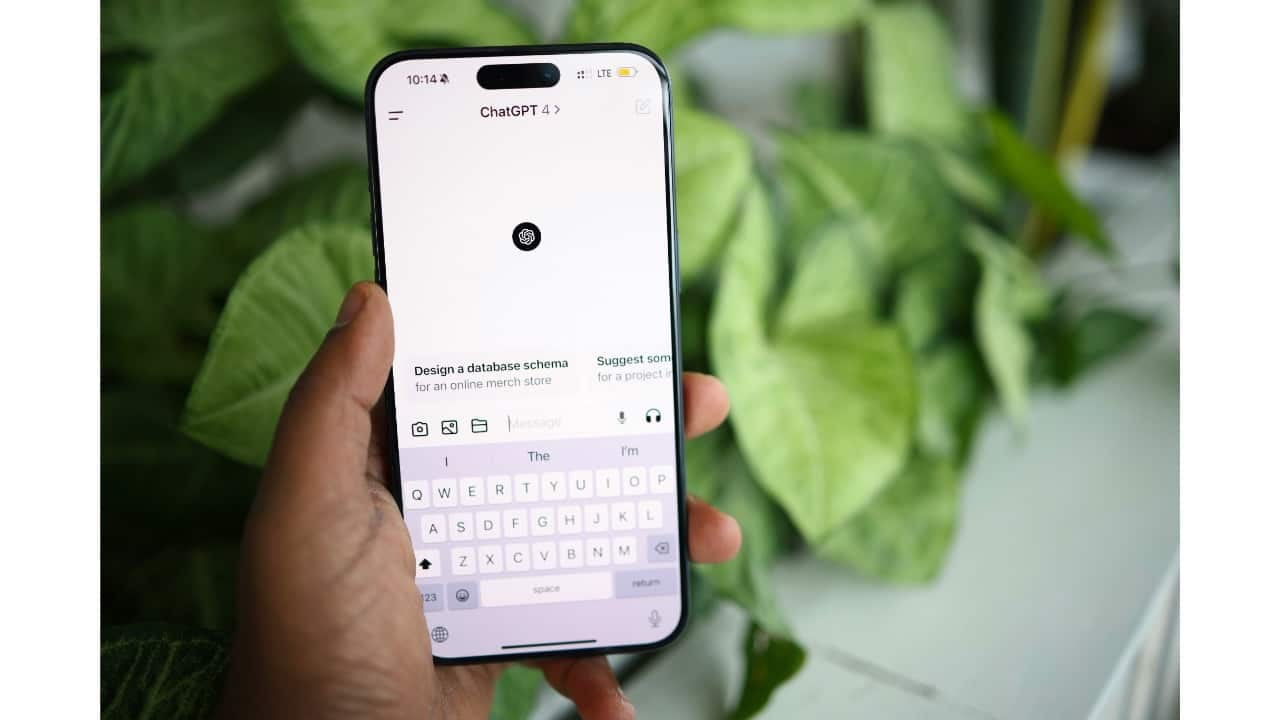Your Phone Could Be Hacked in Just a Blink! The Shocking Truth About Public Chargers

Imagine plugging your phone into a public charger, thinking it's a harmless act, only to discover moments later that your entire device has been hijacked. Sounds like something out of a sci-fi movie, right? But this nightmare is becoming a horrifying reality thanks to a sneaky cyberattack known as choicejacking.
Security experts at NordVPN recently uncovered this alarming new method of attack that can seize control of your Android device in an astonishingly quick 133 milliseconds—faster than the blink of an eye!
So, what’s choicejacking? Simply put, it's a sophisticated way for cybercriminals to bypass your phone's security measures without your consent. They’ve developed cunning methods that exploit the trusted interactions you have with your device, making it shockingly easy for them to hack into your smartphone.
Imagine you think you're just topping up your battery while, unbeknownst to you, hackers are rifling through your personal photos, contacts, and sensitive files! Adrianus Warmenhoven, a cybersecurity advisor at NordVPN, warns that "choicejacking is particularly dangerous because it manipulates a device into making decisions users never intended, all without them realizing it." It’s a chilling reminder of how vulnerable we can be when we place blind trust in our devices.
But how does this devious attack really work? When you connect your phone to a charging station that appears innocent, it actually masquerades as a legitimate USB or Bluetooth accessory. This malicious device exploits your phone’s system to activate data transfer or debugging modes automatically—an action that installs harmful malware on your device. The most unsettling part? The whole process is so quick that you might not even notice something is amiss.
Your device inadvertently makes choices for you, granting this fake charging station full access to your information. And just when you think you're safe, choicejacking sidesteps those pesky safety prompts that usually alert you—like the familiar message asking if you “trust this device.”
Warmenhoven emphasizes the importance of caution when using public charging stations, stating, "Public USB ports should never be treated as safe, and awareness is the first line of defense." As if that weren’t enough, hackers have previously employed other deceptive tactics, such as dark patterns or clickjacking, to manipulate user decisions. Each method reveals a grim reality about how easy it is for them to exploit our trust.
Next time you reach for that public charger, remember: what seems like a simple act could lead to a whirlwind of chaos in your digital life. Stay vigilant, or you might just find yourself in a tech horror story you never saw coming.
























